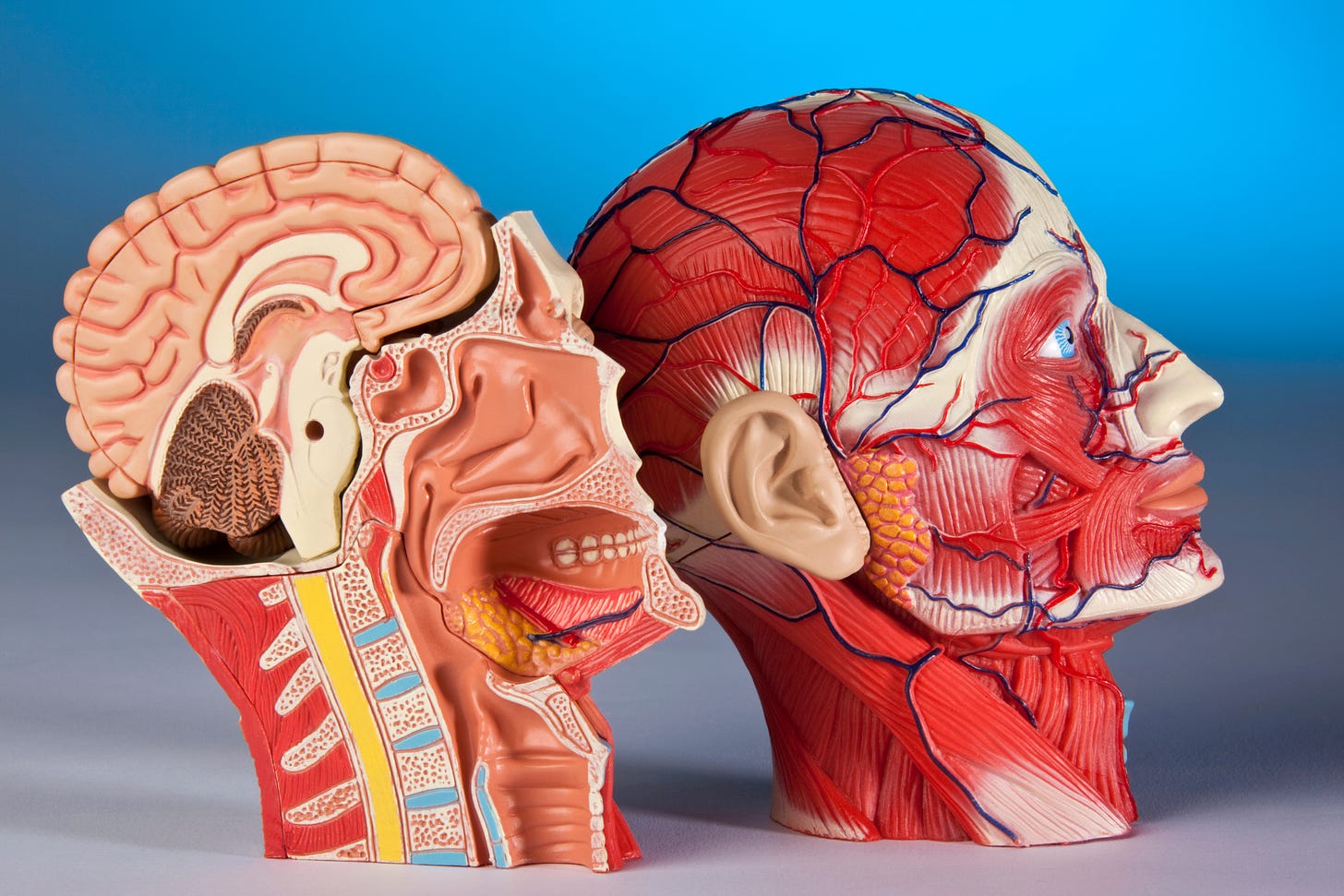Sunday’s Walking Point will be the first article for paid subscribers. If you enjoy my stuff, consider becoming one. If you subscribe at any level before the end of the month, you will also get a full free year of my other substack, Ruck the F*ck Up.
If you subscribe at the founding member level, I will mail you a personalized, autographed copy of Tough Rugged Bastards when it becomes available in August.
As always, thank you for your support, and let’s keep getting better at getting better.

Think.
Today we’re going to dive into
’s version of the habit loop model.Any good or bad habit that we have follows this 4-step process.
Something cues our craving, we respond and are rewarded.
This can be waking in the morning and seeing your running clothes laid out (CUE) so you want (CRAVE) to go for a run, you run (RESPOND), and feel great after (REWARD).
Or, I walk into the kitchen and see a plate of cookies (CUE) which I love (CRAVE) so I eat them all (RESPOND) and feel happy/disgusted /slightly queasy after (REWARD).
It is important to understand this model because when we understand it, we can use it. We can attack habits we want to change by attacking any link in the chain, just as we can build a new habit by establishing strong Cues, Cravings, Responses, and Rewards.
If I want to change my cookie habit, I could:
Attack the Cue by removing cookies from the house or making them less visible.
Attack the Craving by reminding myself of my fitness goals and what a plate of cookies will do to my progress.
I should note that I love chocolate chip cookies. I’m not saying that they are evil, or you shouldn’t eat them, or that I don’t eat them. I do try not to eat the whole plate.
Attack the response by grabbing an orange instead.
Attack the reward by using the C from BJ Fogg’s Anatomy of a Habit and celebrating my victory over the cookies.

Read.
I’ve been a fan of
for a long while—and I love antique stores. Give him a read.Write.
For today’s prompt, select a habit you want to stop and one you want to start, and using James Clear’s model, identify the cue, craving, response, and reward for each, then look for the weakest link to attack.
Let me know how it goes.
Repeat.
Words of wisdom from those who said it best.
Success in life is founded upon attention to the small things rather than to the large things; to the everyday things nearest to us rather than to the things that are remote and uncommon.
Booker T. Washington
If you enjoyed this week’s T.R.W.R., please consider sharing it with a friend. Personal recommendations are one of the best ways for me to grow my audience and help others get better at getting better. Thanks!
See you next Thursday!







A great reminder that the little things really do add up. I just re-read The Richest Man In Babylon and I love how that book breaks down building wealth—pay yourself 1/10 first. Small but it all compounds. Take care, John!